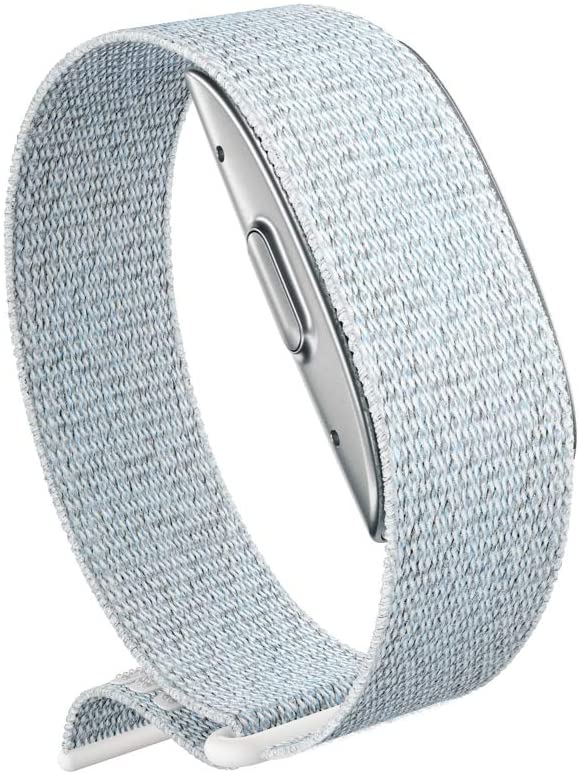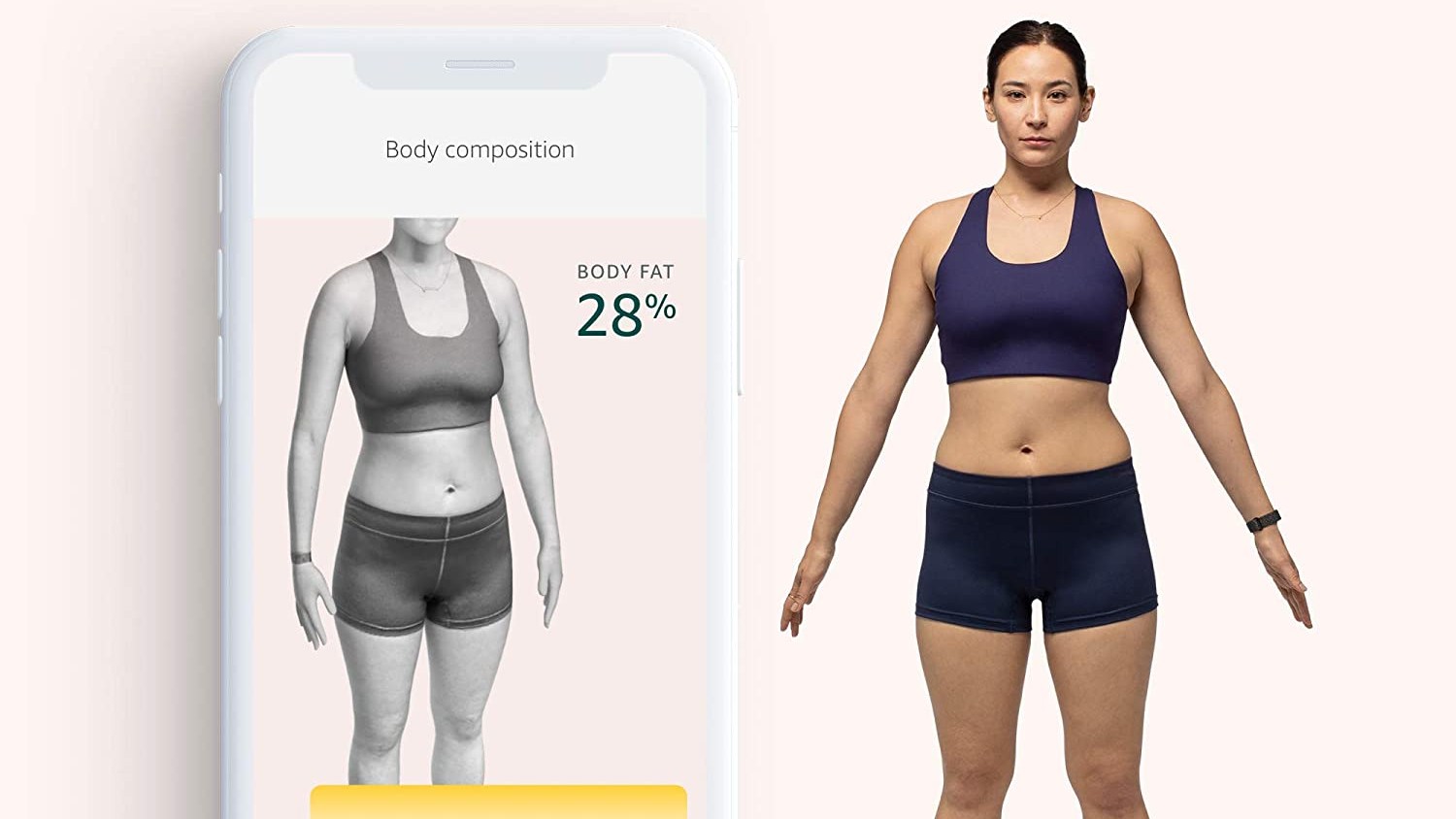With the coronavirus killing more people by the day, we are increasingly stress-eating and drinking more alcohol. At the same time, with gyms shut down, we are sitting around glued to screens.
So you may be wondering what I’m wondering: How is the pandemic affecting my body? Because we can’t easily leave the house to see doctors for nonemergencies, we are largely left to figure this out on our own.
Enter the Halo, a new fitness-tracking bracelet from Amazon with a novel twist: it claims that by using a smartphone app to scan images of your body, it can tell you how much body fat you have. The bracelet also has a microphone to listen to your voice and tell you how your mood sounds to other people.
When the Halo arrived, I installed the app, removed my T-shirt and propped up my phone camera. Here’s what happened next: The Halo said I was fatter than I thought — with 25 per cent body fat, which the app said was “too high”.
I was sceptical. I’m a relatively slim person who has put on two pounds since last year. I usually cook healthy meals and do light exercises outdoors. My clothes still fit. I felt body-shamed and confused. So I sent my Halo data and body scans to Dr Lawrence Cheskin, a professor of nutrition and food studies at George Mason University, US, and founder of the Johns Hopkins Weight Management Center.
After reviewing my results, Cheskin said a man my age (36) with my body mass index is highly unlikely to have 25 per cent body fat. “Unless you were a couch potato and ate a very poor diet, I have my doubts about the Halo’s diagnosis,” he said.
Cheskin encouraged me to gather more data by measuring my body fat with other devices, and to do the same with at least one other person. So I did and found that the Halo’s body fat readings consistently skewed higher than other tools for myself and my test subject. Cheskin speculated that the Halo might have an overestimating bias in its algorithm because underestimating body fat for an obese person would be more problematic.

Halo band Courtesy: Amazon
Dr Maulik Majumdar, Amazon’s medical officer, who worked on the Halo, said people should expect the device’s results to be different because the method was more accurate than body fat scales and callipers.
Amazon developed its body-measuring algorithm from a sample set of tens of thousands of images of people’s bodies from across a wide range of demographics, he said. Amazon then did internal tests measuring people’s body fat using the Halo scanner, smart bathroom scales and DEXA, a technique that uses X-rays to scan for bone density, which studies have found to be a reliable measure for body fat. It found that the Halo method was twice as accurate as bathroom scales.
Still, Cheskin was unconvinced by Amazon’s accuracy claims. He said a valid study would involve a clinical trial measuring body fat of many human subjects with each method — the Halo, DEXA, bioelectrical impedance scales and callipers — and comparing the results side by side.
The most disappointing part of Amazon’s body fat analysis was that it lacked important context. Even though the app asked for my ethnicity, age and sex, it said my 25 per cent body fat level was too high and well outside the “Healthy” zone (roughly 12-18 per cent).
Cheskin offered a more nuanced analysis. Body fat levels may have different health implications depending on your age, ethnicity, sex, cholesterol levels and family history. Waist circumference matters, too, because severe abdominal fat can be associated with health problems. For an Asian man my age with a 34-inch waistline, whose family has not had a history of diabetes or heart problems, and whose blood tests recently showed normal cholesterol levels, a 25 per cent body fat reading would probably not be alarming.
Mood Metre
Another of Halo’s unique features is Tone, which uses the bracelet’s microphone to periodically listen in on your conversations to tell you what your mood sounds like. I turned the feature off after two days because it felt like a creepy invasion of privacy. But I left it on long enough to complain to my wife about what a bad idea it was. After analysing the conversation, the Halo app said I sounded irritated and disgusted. That, at least, was accurate.
Still, there are much better fitness gadgets out there.
NYTNS











